US Marines deployed to Los Angeles after Trump wins court battle
U.S. Marines deployed to Los Angeles as protests intensify over Trump’s immigration raids; officials stress troops won't enforce laws.
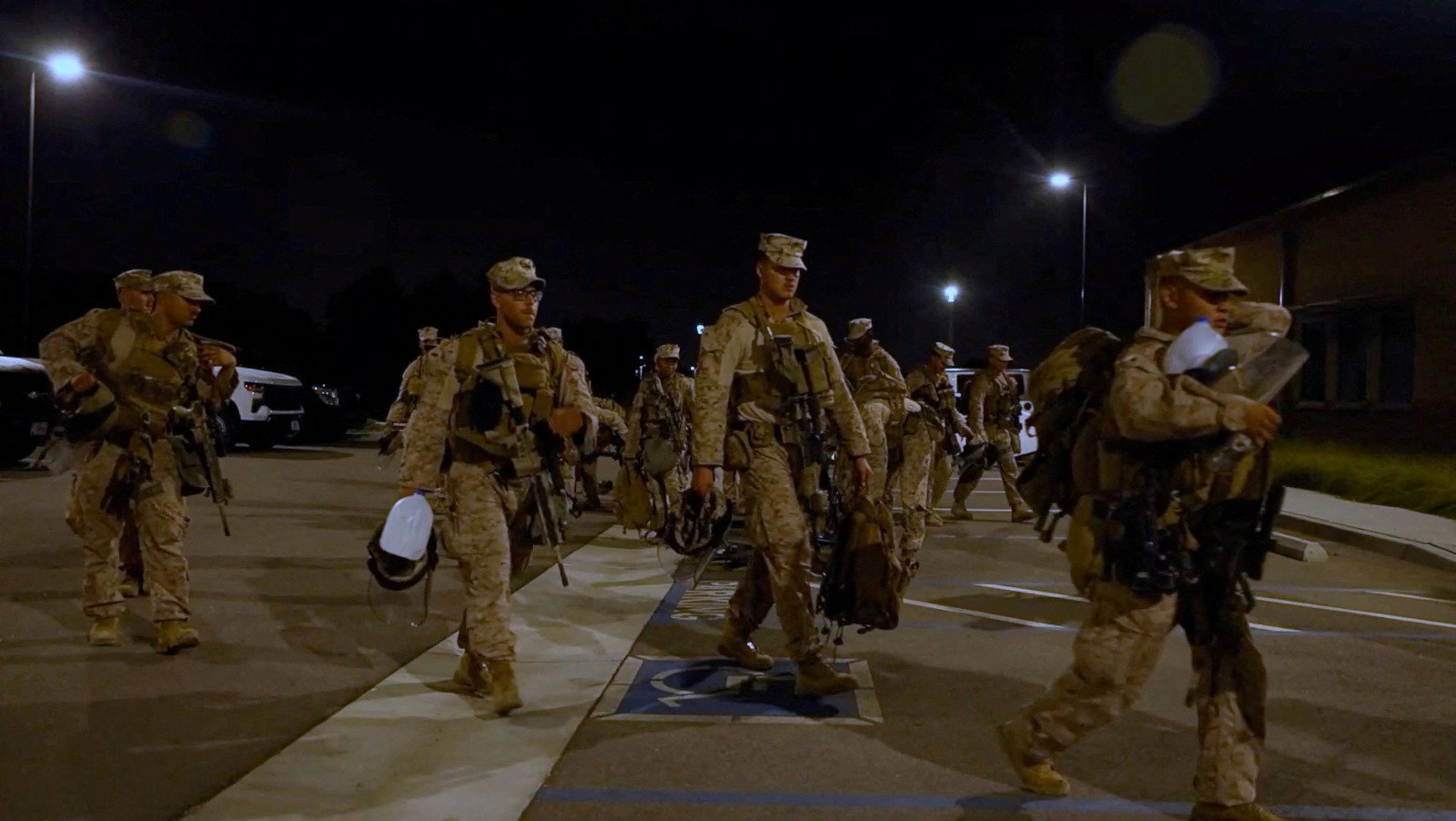 U.S. Marines carry their packs, as protests against federal immigration sweeps continue, in greater Los Angeles, California, U.S., June 9, 2025, in this screen grab taken from a handout video. / DVIDS/Handout via REUTERS THIS IMAGE HAS BEEN SUPPLIED BY A THIRD PARTY
U.S. Marines carry their packs, as protests against federal immigration sweeps continue, in greater Los Angeles, California, U.S., June 9, 2025, in this screen grab taken from a handout video. / DVIDS/Handout via REUTERS THIS IMAGE HAS BEEN SUPPLIED BY A THIRD PARTY
U.S. Marines were deployed to Los Angeles on June 13, the military said, a rare domestic use of its forces as protests over President Donald Trump's immigration raids spread nationwide.
On June 12, a court ruled in favor of Trump's bid to retain the National Guard in L.A. in reaction to the growing backlash against his immigration policy since his return to power in January.
About 200 Marines will be protecting a federal building in Los Angeles, Army Major General Scott Sherman, said on June 13. The administration has authorized a total of 700 Marines to be deployed in the city.
Neither the Marines nor the National Guard troops in the city had temporarily detained anyone, he added.
"I would like to emphasize that the soldiers will not participate in law enforcement activities," he said during a briefing.
It is uncommon for active duty troops to be used domestically during civil disturbances.
The last time the military was used for direct police action under the Insurrection Act was in 1992, when the California governor at the time asked then President George H.W. Bush to help respond to Los Angeles riots over the acquittal of police officers who beat Black motorist Rodney King.
A court ruled on June 12 that Trump can keep his deployment of National Guard troops in Los Angeles.
Also read: Trump can keep National Guard deployed to Los Angeles for now, appeals court rules
The 9th U.S. Circuit Court of Appeals' decision temporarily paused a lower court ruling that blocked the mobilization, although it does not mean that the court will ultimately agree to side with him.
"We saved L.A. Thank you for the Decision!!!" Trump wrote on his Truth Social platform.
Cities across the U.S. were bracing for demonstrations on June 14, when those also opposed to a weekend military parade in Washington are expected to take to the streets.
"They’ve defied our courts, deported Americans, disappeared people off the streets, attacked our civil rights, and slashed our services," the group No Kings, which is behind the day of action, wrote on its website.
Soldiers on the streets
In Los Angeles, troops have stood guard at a federal detention center in the city's downtown where many of the protests have taken place in a show of solidarity for immigrants detained inside.
The Guard had accompanied Immigration and Customs Enforcement agents on operations to detain immigrants.
City officials in Los Angeles and state officials in California have opposed the ramping up of federal immigration enforcement since it began on June 9.
"Peace begins with ICE leaving Los Angeles," Mayor Karen Bass, who has imposed a nighttime curfew over one square mile (2.5 square km) of downtown Los Angeles, said on Thursday.
Protests so far have been mostly peaceful, punctuated by incidents of violence, and restricted to a few city blocks.
Demonstrations have also taken place in other U.S. cities this week including New York and Chicago, and there have been some disturbances.
Four men escaped from a privately run immigration detention center in Newark, New Jersey, on June 12 amid unrest from inmates over conditions inside the facility, the New York Times reported, citing a law enforcement official and a spokesperson for the Department of Homeland Security.
Spokespeople for DHS and U.S. Immigration and Customs Enforcement did not respond to inquiries about the incident at the center or the escapes.
Video posted to social media by the New Jersey Alliance for Immigrant Justice, an advocacy group, showed protesters outside the facility attempting to block law enforcement vehicles from entering.
Trump is carrying out a campaign promise to deport immigrants, employing forceful tactics consistent with the norm-breaking political style that got him elected twice.
Democrats including California Governor Gavin Newsom have said the use of military force was unnecessary and an example of Trump's authoritarianism.
Americans are divided over Trump's decision to activate the military.
A Reuters/Ipsos poll released on June 12 showed 48 percent of respondents agreed with a statement that the president should "deploy the military to bring order to the streets" when protests turned violent, while 41 percent disagreed.
ADVERTISEMENT
ADVERTISEMENT
E Paper
Video




 Reuters
Reuters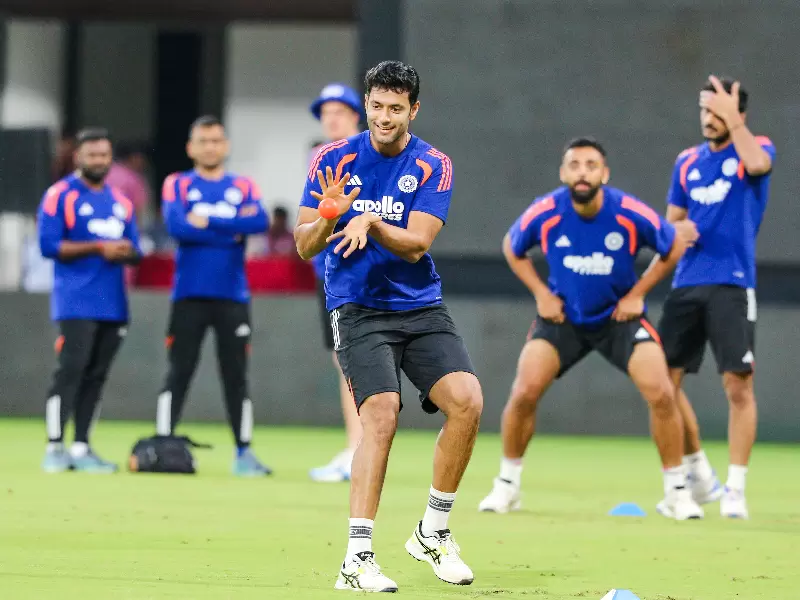
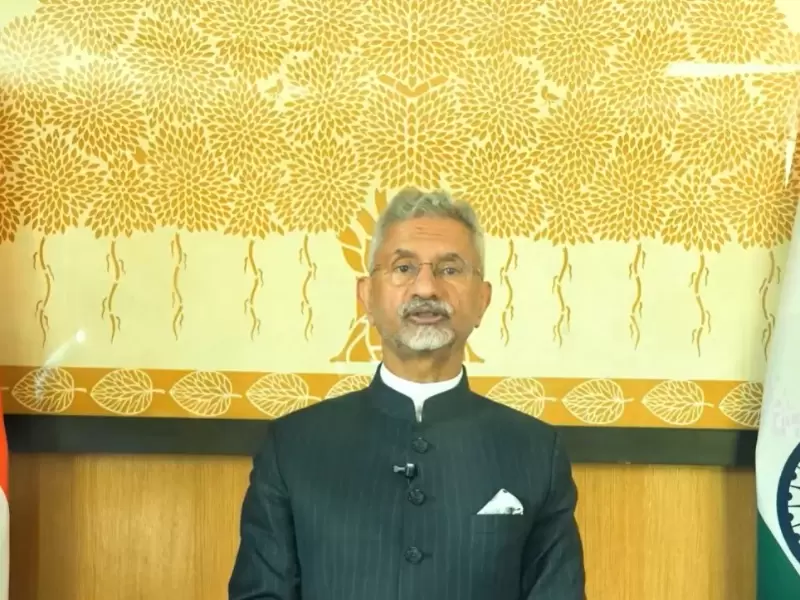

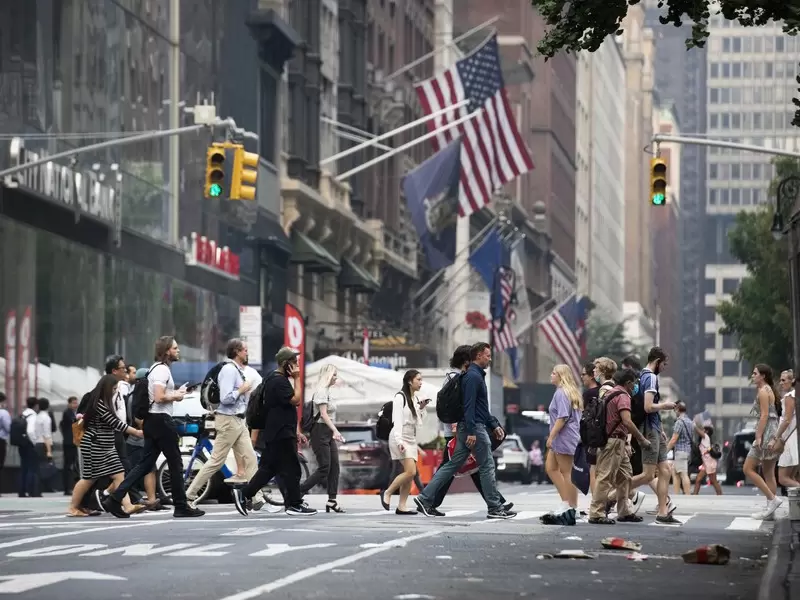
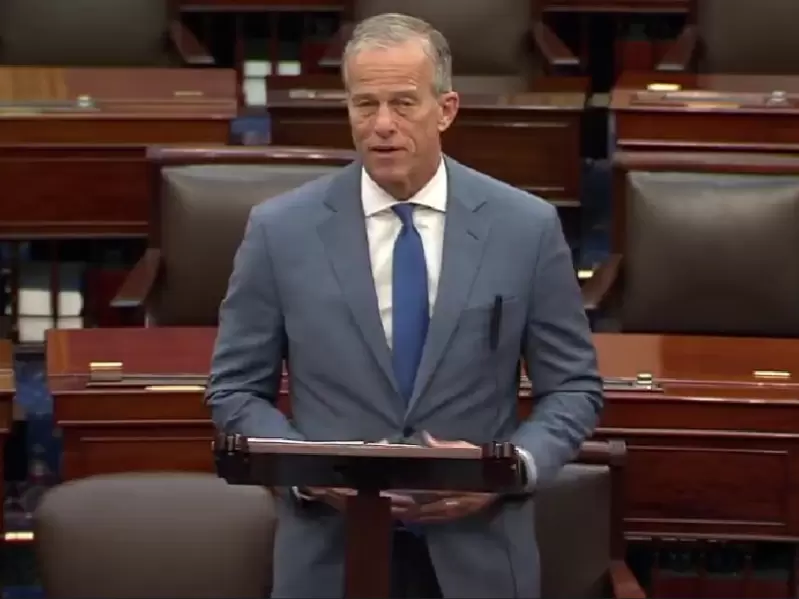
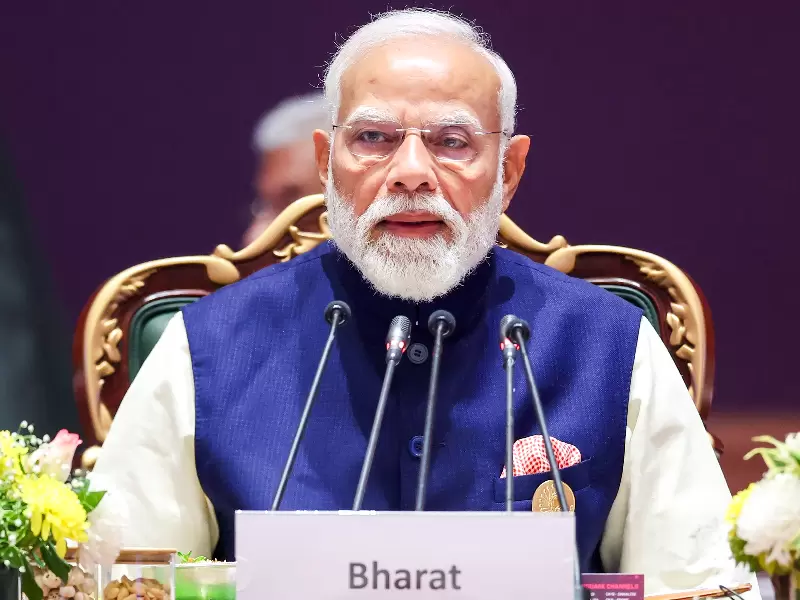
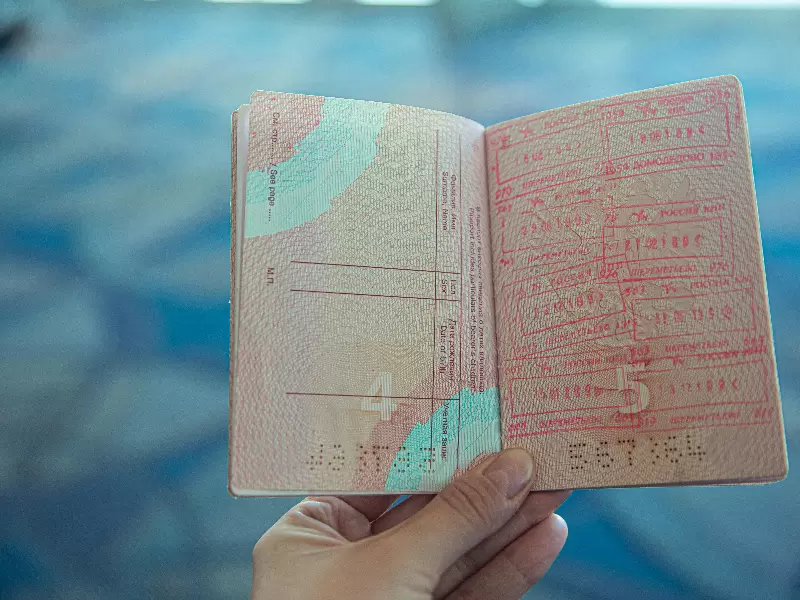
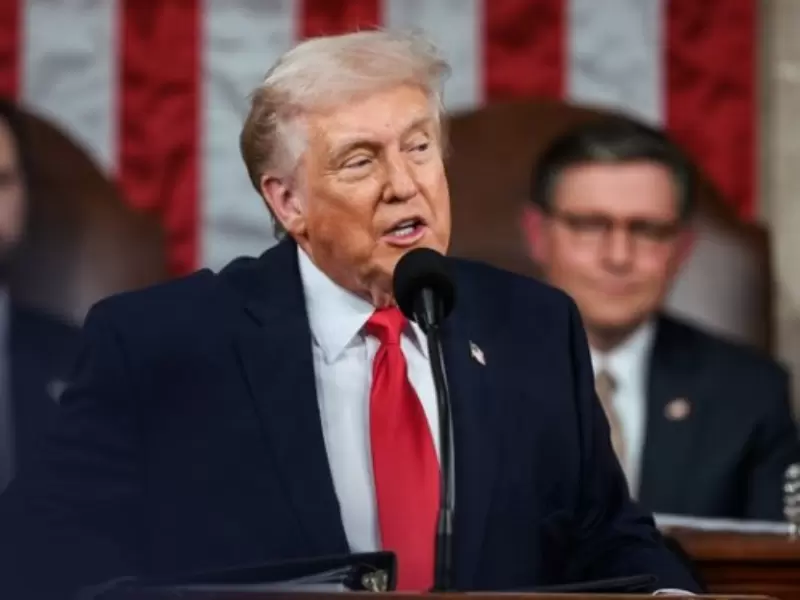
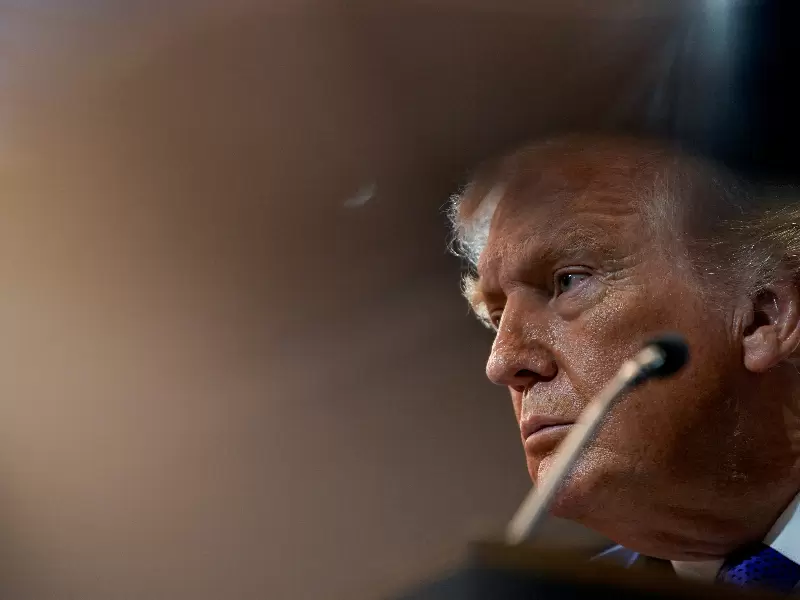
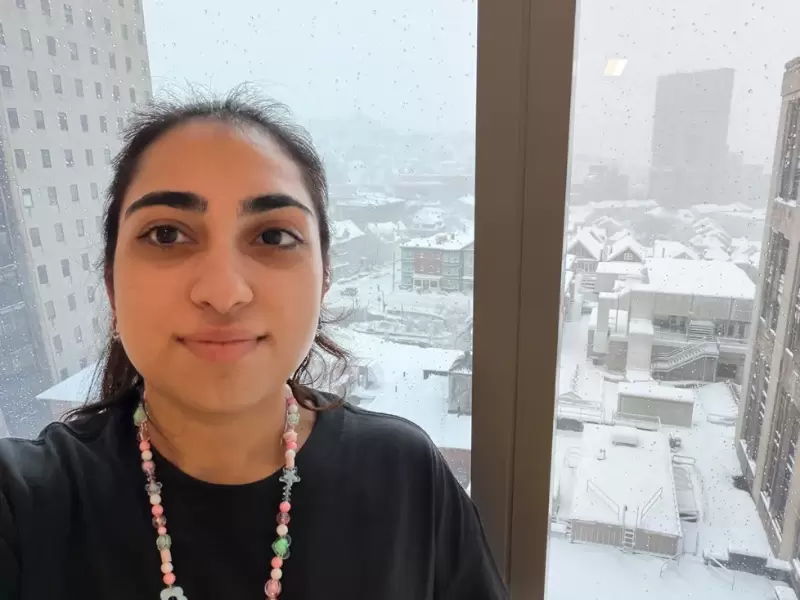




Comments
Start the conversation
Become a member of New India Abroad to start commenting.
Sign Up Now
Already have an account? Login